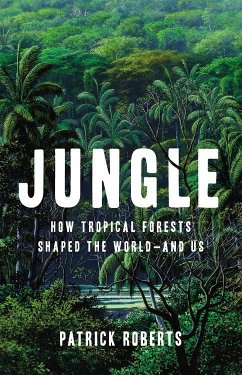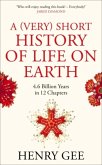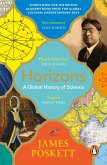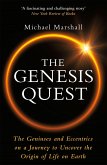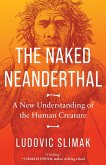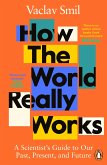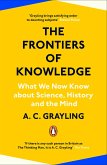"Jungle tells a deep new history of the world, arguing that tropical rainforests played an outsize and overlooked role in our lives. Although we now recognize the crucial role tropical forests play in regulating planetary systems like the atmosphere, we still tend to think of them as a kind of 'green hell, ' as inhospitable, prehistoric wildernesses, largely irrelevant to our lives. This has made it easier for private interests to exploit rainforest resources, but it also influences environment policy. We treat rainforests as either raw commodities, or as landscapes that are unfit for human life and should be left alone. But in recent years, new developments in archaeology and anthropology have cast doubt on this narrative. Patrick Roberts is one of the leaders of this growing area of research, and in Jungle, he reveals mounting evidence that the rainforests have always been intimately connected to life on Earth. They made the planet habitable for the first land animals, oversaw the rise and fall of the dinosaurs, disseminated the first flowering plants around the globe, and played host to the emergence and development of human societies. This last point is especially provocative, as Roberts challenges the dominant narrative that homo sapiens evolved in the East African savannahs. These findings shed new light on the first humans, as well as the cultural biases we bring to studying them. Roberts argues that, in part, we have missed signs of human life in the rainforests because it was markedly different from our own. Western archaeologists and anthropologists historically look for signs of cultures that dominated and permanently altered landscapes. (Which is to say, cultures that look Western.) But life in the rainforests reveals a more flexible, less domineering relationship with the land. Because we were looking for the wrong things, we simply missed some of the earliest signs of farming practices in Papua New Guinea, and Mayan cities that were arguably some of the largest urban structures in the pre-industrial world. Roberts reevaluates the assumptions that we bring to the study human evolution, what counts as 'wilderness, ' and how human societies can be organized. It could not come at a more important time, as both the capitalist destruction of tropical forests and misguided conservation efforts push these environments to the point of collapse, Blending cutting-edge research and incisive social commentary, Jungle offers a bold vision of what the rainforests can teach us about who we are and where we come from"--
Hinweis: Dieser Artikel kann nur an eine deutsche Lieferadresse ausgeliefert werden.
Hinweis: Dieser Artikel kann nur an eine deutsche Lieferadresse ausgeliefert werden.

